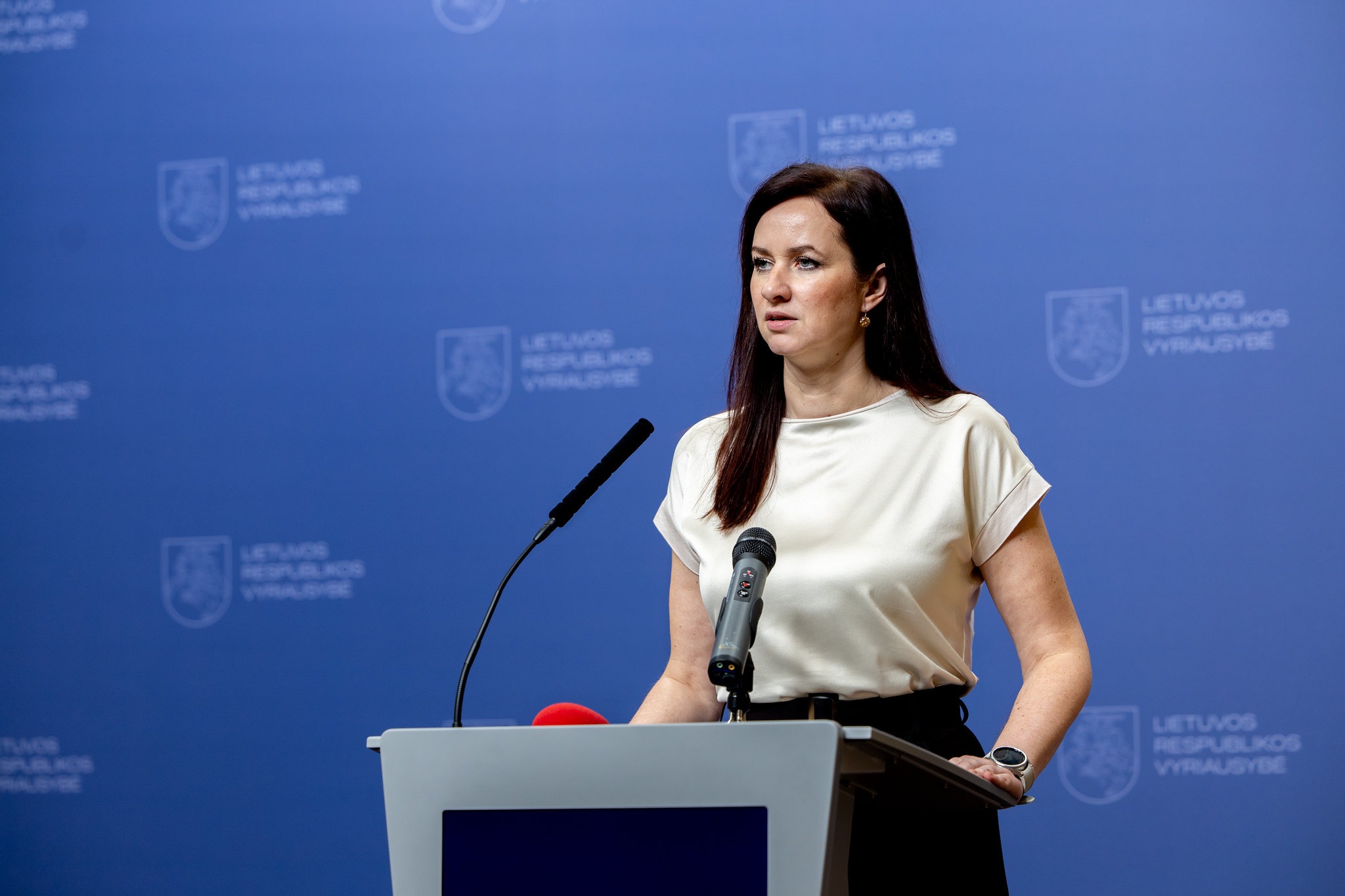
Main narratives:
- General anti-government sentiments
- The incompetence of the current government
- Discrediting Ukraine and its effort to win the war
Overview:
Last week, Kremlin-aligned media in Lithuania continued to amplify anti-government sentiments, this time shifting their focus toward the country’s public broadcaster, Lithuanian National Radio and Television (LRT). The most-engaged piece among Kremlin-aligned audiences was a social media post claiming that the Seimas should initiate dismissal proceedings against Prosecutor General Nida Grunskienė for allegedly shielding LRT from financial crimes. Related narratives called for an immediate audit of LRT and urged either cutting or freezing the broadcaster’s state funding, framing LRT as a politically protected institution operating with “zero accountability.”
Alongside these targeted accusations, malign actors advanced with broader, existential claims about threats to the Lithuanian state and nation. Commentators rhetorically questioned whether Lithuania could survive “if we continue repeating the same political and moral failures,” often drawing bleak parallels with what they described as Ukraine’s “tragic fate” – pandemic corruption, territorial loss, and de facto partition. Some narratives went further, portraying Lithuania’s GDP as nothing more than a “budget for fueling war,” suggesting that national economic growth serves militaristic agendas.
Meanwhile, in the independent media ecosystem, a completely different topic dominated public attention: First Lady Diana Nausėdienė’s recent speech. Her unusually complex and halting delivery became a viral subject of mockery, with users sharing clips, memes, and detailed breakdowns of her phrasing. Social media feeds were filled with remixes, commentary, and satirical edits. Interestingly, this episode was barely covered within the alternative media sphere; only a handful of posts mentioned it, and audience engagement remained minimal.









